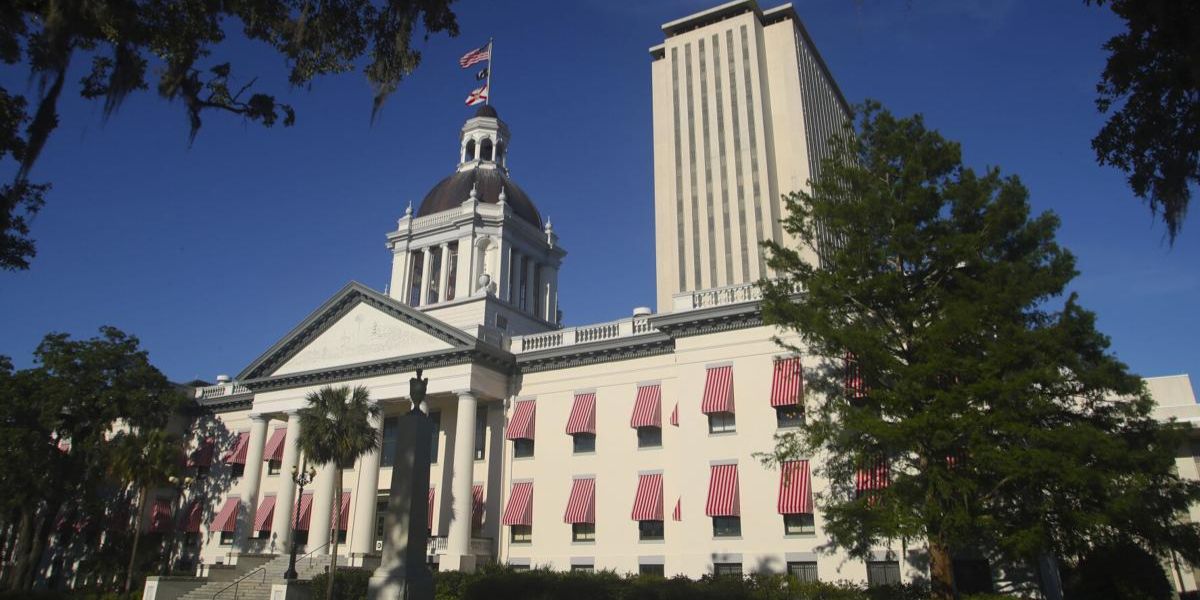On Wednesday, school officials in San Francisco abruptly changed their minds about a plan that would have allowed students to skip assignments, skip class, and retake tests.
As soon as the San Francisco Unified School District (SFUSD) introduced the experimental “Grading for Equity” program on Tuesday, parents and politicians alike, including SF Mayor Daniel Lurie, denounced it.
Under the new system, a student’s final grade would have been determined by a final exam that they may retake, rather than factors like homework and attendance in class.
Additionally, “Grading for Equity” would have reduced the letter grade point threshold.
Similar rules are in place at the neighboring San Leandro Unified School District, where kids can receive an A with a score of merely 80% and a C with a score of 41%, according to SFUSD officials.
The alternate grading technique was designed to reduce the impact of issues like transportation to school and finding time and space to do homework, which disproportionately affect low-income pupils.
However, detractors from both political parties claimed that “grading for equity” was not the solution.
“My immigrant dad asked me where the missing 10% went when I scored a 90. He came to America for the chance to work hard & pursue excellence,” Rep. Ro Khanna, a Democrat, posted on X. “Giving A’s for 80% & no homework is not equity—it betrays the American Dream and every parent who wants more for their kids,” he added.
Educating our youth to be successful is what we owe them. Mayor Lurie said on the platform that the suggested modifications to SFUSD’s grading system would not achieve that.
Read Also: Visa Interviews Paused for Foreign Students as U.S. Increases Social Media Vetting
During a Tuesday school board meeting, when board members were asked to authorize $172,000 for a training program, parents protested against the plan to test the new system with 70 teachers in 14 district schools.
The idea was then shelved by Superintendent Maria Su, who cited widespread “misinformation.”
Superintendent Maria Su said, “It’s clear there are a lot of questions, concerns, and misinformation with this proposal.”
“We want to make sure any changes benefit our students. I have decided not to pursue this strategy for next year to ensure we have time to meaningfully engage the community.”



